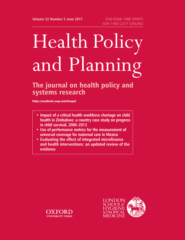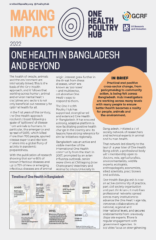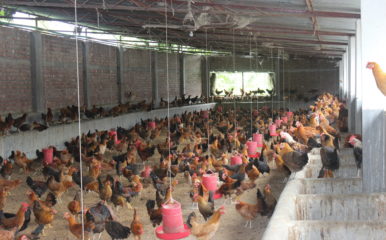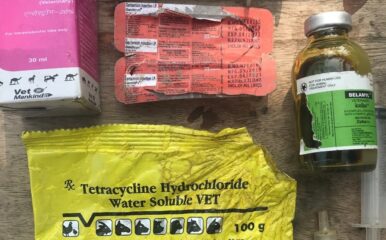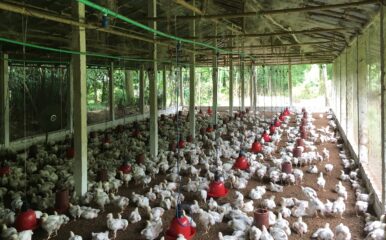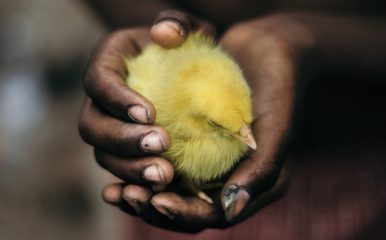
One Health
 Achieving best health for all requires effective and efficient intersectoral and interdisciplinary collaboration across the human, animal, plant and environment domains.
Achieving best health for all requires effective and efficient intersectoral and interdisciplinary collaboration across the human, animal, plant and environment domains.
Since the 1800s, scientists have recognised the links between disease processes in animals and people. Over the past two decades, it has become clear that human impacts on the health of our planet (including land-use change, soil depletion, greenhouse gas emissions and biodiversity loss) result in adverse effects on the health of people and animals.
To prevent, rapidly identify, respond to and recover from such challenges, the expertise of researchers from many disciplines is needed. One such challenge is to safeguard poultry production and public health from infectious diseases, antimicrobial resistance (AMR) and unexpected shocks to ensure that people have access to safe, nutritious and healthy food.
Such an interdisciplinary approach is known as One Health.
The Hub is employing a One Health approach to identify factors influencing health risks associated with intensification of poultry production to inform the development of economically, socially and environmentally sustainable interventions that will result in improved health for people, animals and societies. It is an approach which supports health security, food security and food systems and that incorporates ethics in human, animal and environmental health. It also contributes to the United Nations’ call to ‘Build Back Better’ after COVID-19 and to achieving the UN Sustainable Development Goals by 2030.
Hub investigator Professor Nitish Debnath, a pioneer of One Health in Bangladesh, is one of 26 experts to serve on the One Health High Level Expert Panel (OHHLEP) to combat zoonotic diseases, established in 2021. One of the first tasks of the OHHLEP was to consider a new operational definition of One Health. This now states:
“One Health is an integrated, unifying approach that aims to sustainably balance and optimise the health of people, animals and ecosystems. It recognises the health of humans, domestic and wild animals, plants and the wider environment (including ecosystems) are closely linked and inter-dependent. The approach mobilises multiple sectors, disciplines and communities at varying levels of society to work together to foster wellbeing and tackle threats to health and ecosystems, while addressing the collective need for clean water, energy and air, safe and nutritious food, taking action on climate change, and contributing to sustainable development.”

